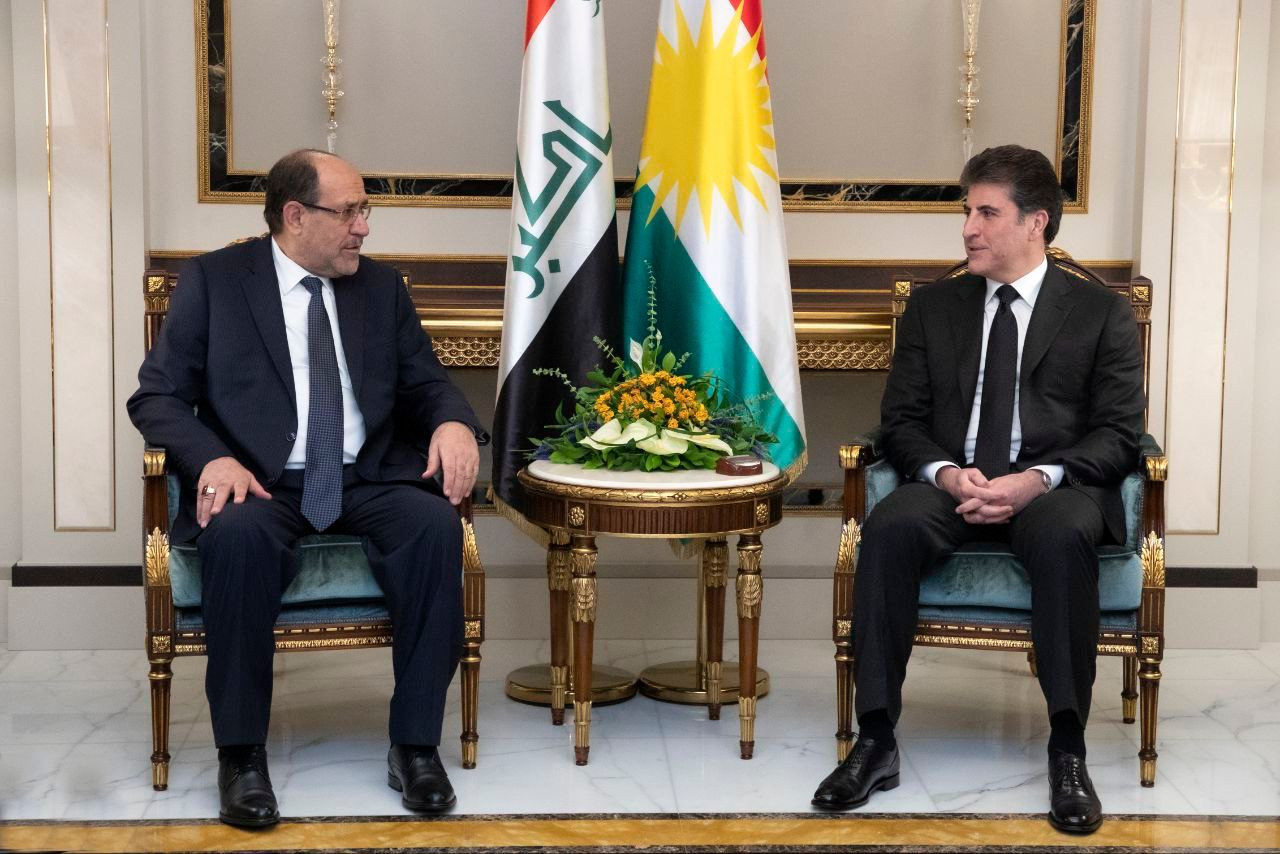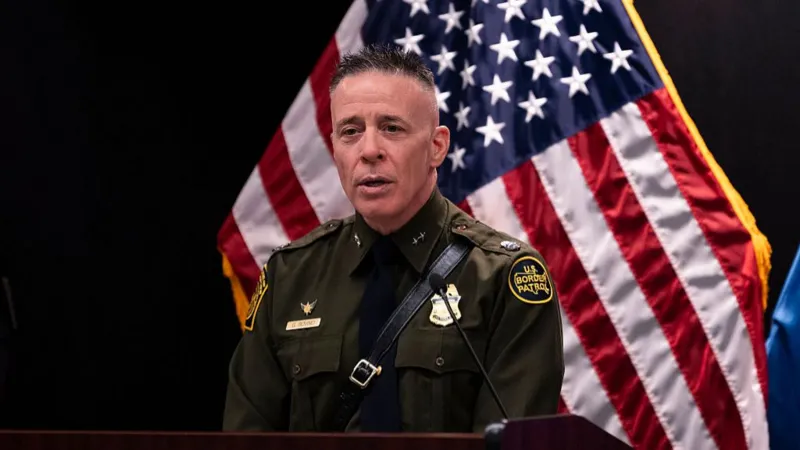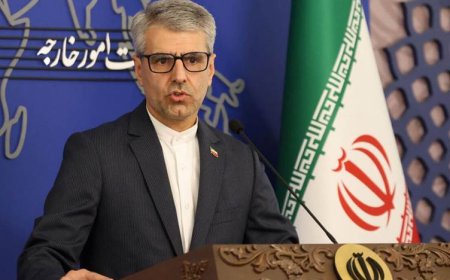KDP looks for strong support from Nineveh voters

ERBIL, Kurdistan Region - The Kurdistan Democratic Party (KDP) is hoping for strong support from voters in the hotly contested, ethnically diverse province of Nineveh, the party’s deputy leader said on Friday.
“I am happy to gather here with you to talk about the importance of this election, especially in Nineveh, because you are the representatives of an important area for the Kurdistan Region and for Iraq,” KDP deputy leader Nechirvan Barzani said at a rally in Duhok province. He is also the president of the Kurdistan Region.
Nineveh is one of Iraq’s most crucial electoral districts due to its ethnically and religiously diverse population. The province’s 34 parliamentary seats are contested by Kurdish, Shiite, and Sunni candidates. In previous elections, Kurds and Sunnis secured most of the votes, but Shiite parties are now seeking to expand their influence.
“Our message is that the KDP must be the number one party in Nineveh,” Barzani said. “As long as the KDP is strong here, its representation in Baghdad will be stronger.”
The KDP set a goal of getting one million votes in the November 11 election. The party won 31 seats in the 2021 parliamentary election, nine of which came from Nineveh. With 175 candidates nationwide, the KDP is fielding the largest list of any party, including 61 candidates in Nineveh - the highest number across all constituencies.
Nineveh has more than 2.1 million registered voters, making it Iraq’s second-largest province by number of votes, after Baghdad.
The province is also a hotspot for the sale and purchase of voter cards. Iraqi authorities have intensified efforts to curb vote-buying.
“Voter cards are being traded in Nineveh for between 50,000 and 150,000 dinars, down from their initial price of 400,000 dinars,” said Vian Dakhil, a sitting KDP member of the Iraqi parliament who is seeking reelection in the province.
Dakhil alleged that the vote-buying is “conducted secretly, with voters forced to show their voting slip or take a photo of their ballot paper. Sometimes, they swear that they voted for a specific party and candidate.”
Barzani also highlighted the importance of implementing Article 140 of the Iraqi constitution, which addresses the status of territories - including regions of Nineveh - that are disputed between the federal and regional governments.
“Many parts of this area fall under Article 140 of the Iraqi constitution that unfortunately has not been implemented,” he said.
“Our slogan is that the constitution must be implemented as it is,” he added.
During the campaign’s launch rally in Erbil last week, KDP leader Masoud Barzani criticized successive Iraqi governments for failing to implement constitutional provisions, saying that disputes between Erbil and Baghdad “must be resolved on the basis of the constitution.”
According to Iraq’s Independent High Electoral Commission, 31 political alliances, 38 parties, 23 independents, and 56 minority candidates will compete in the upcoming elections. A total of 7,768 candidates - 5,520 men and 2,248 women - are running for 329 parliamentary seats, including nine reserved for minorities.
More than 39,000 polling stations will open across 8,703 centers for the general vote, with an additional 4,501 stations for special voting and 97 for displaced persons in and around camps in the Kurdistan Region.
About 27 million Iraqis are eligible to vote, though only those with biometric voter cards will be allowed to cast ballots.
[Source: Rûdaw English]





















/file/attachments/orphans/taku-transport_666718.jpg)































